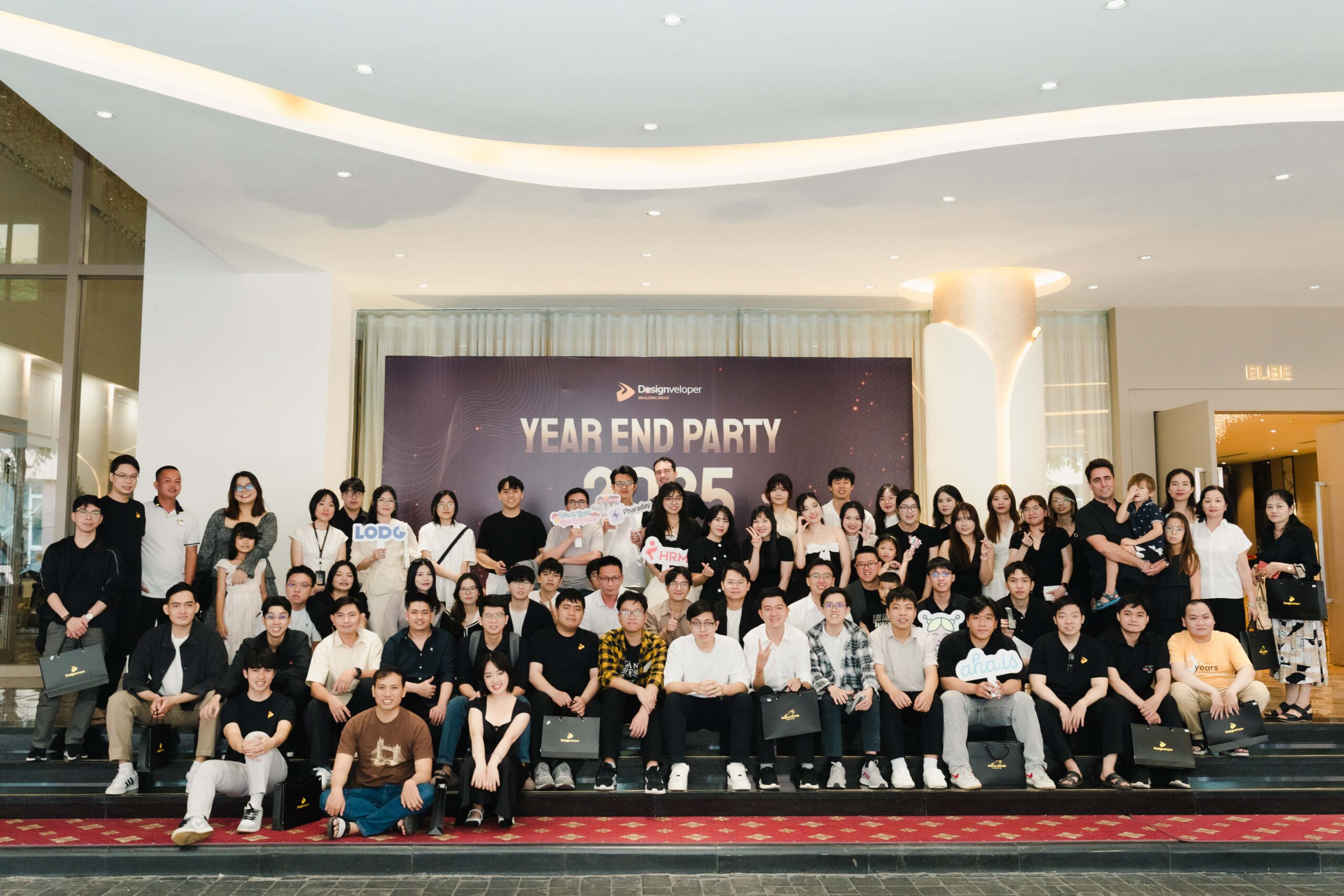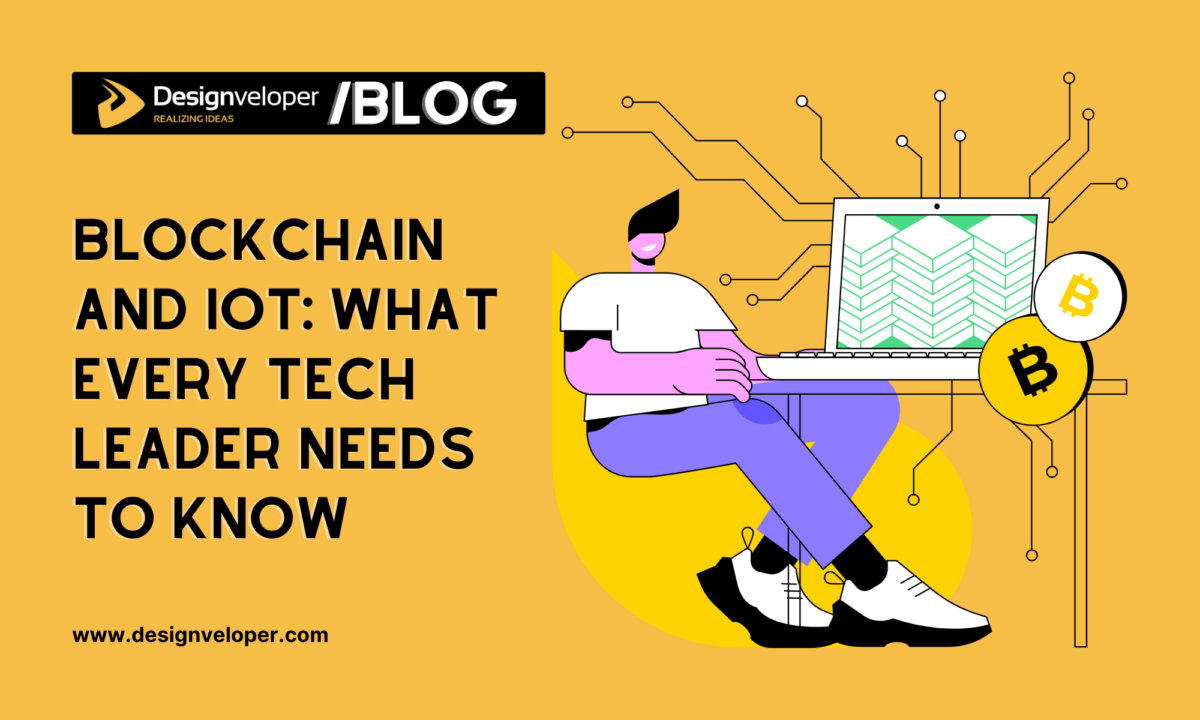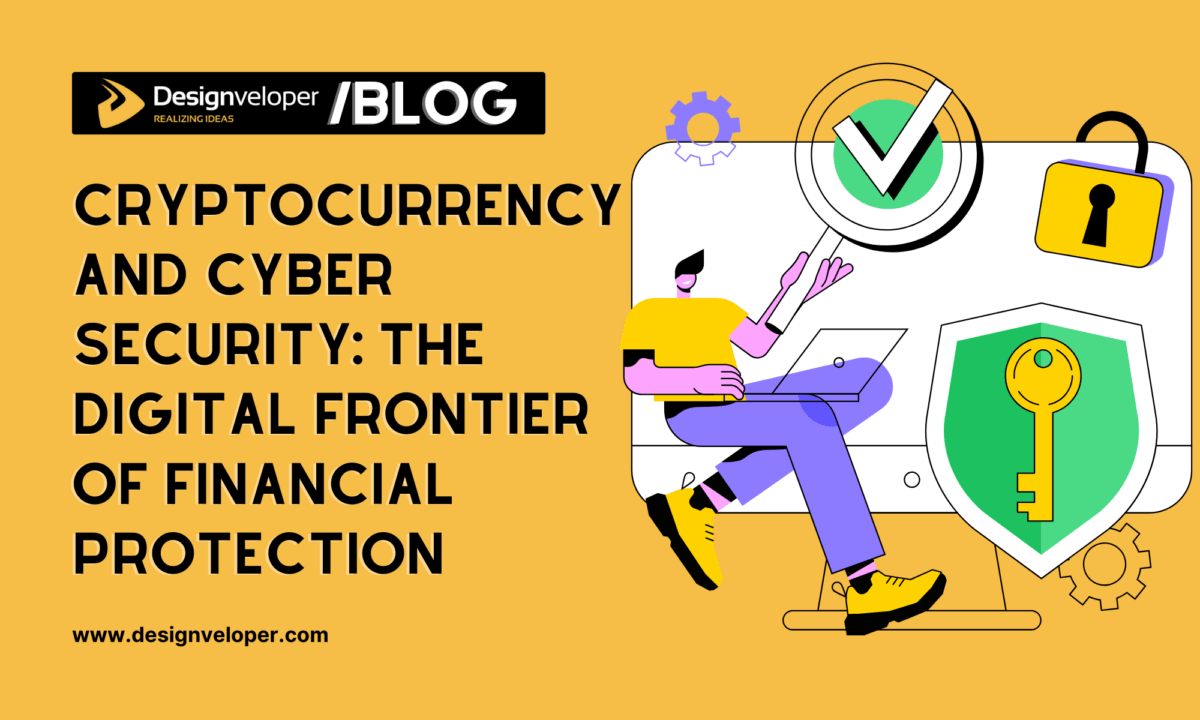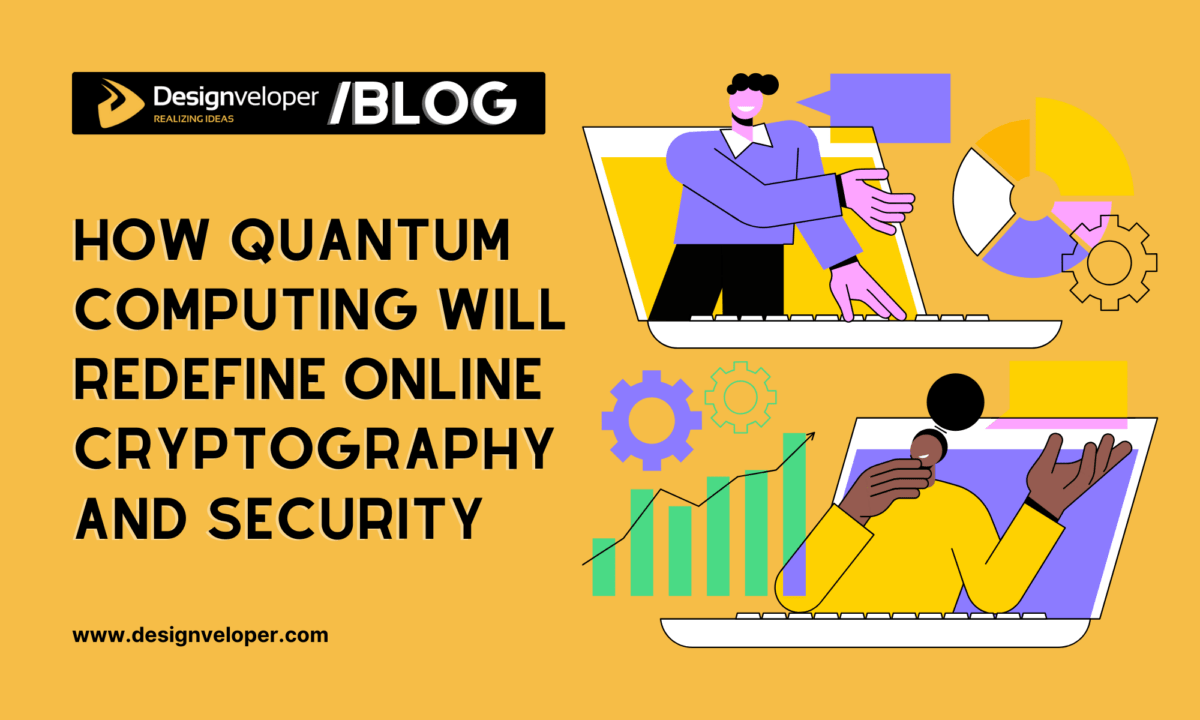Blockchain Technology in Business: What You Should Know?
April 05, 2021
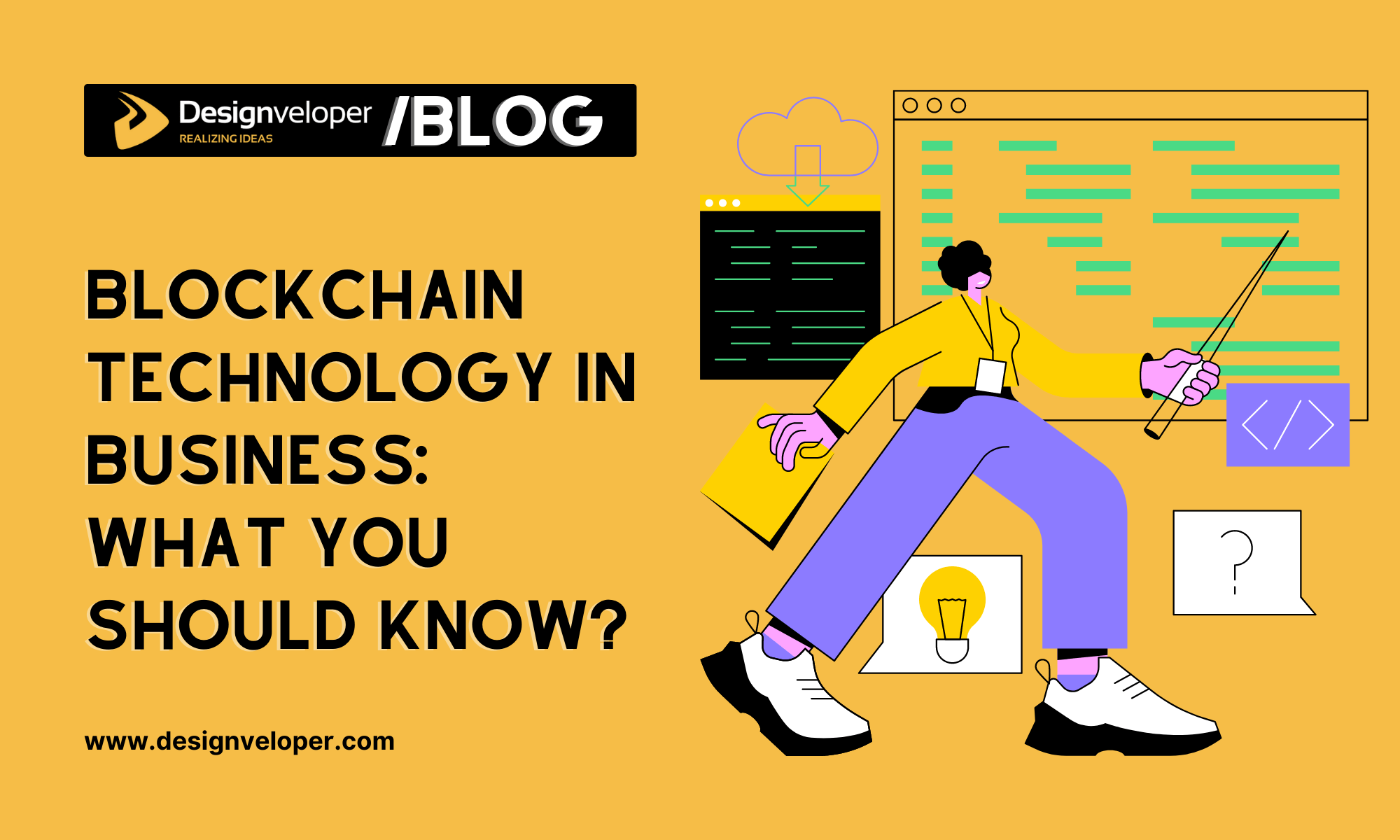

One problem that businesses have to deal with today is cybercrime. Cybersecurity has cost a lot of money and taken a lot of time from administrators and executives. This is to keep this from hurting their engineering systems or operations. You’ve probably heard of “blockchain technology” if you know anything about cyber security. But it’s not enough to just hear about it when it has such big meanings. It could change the way the world is right now.
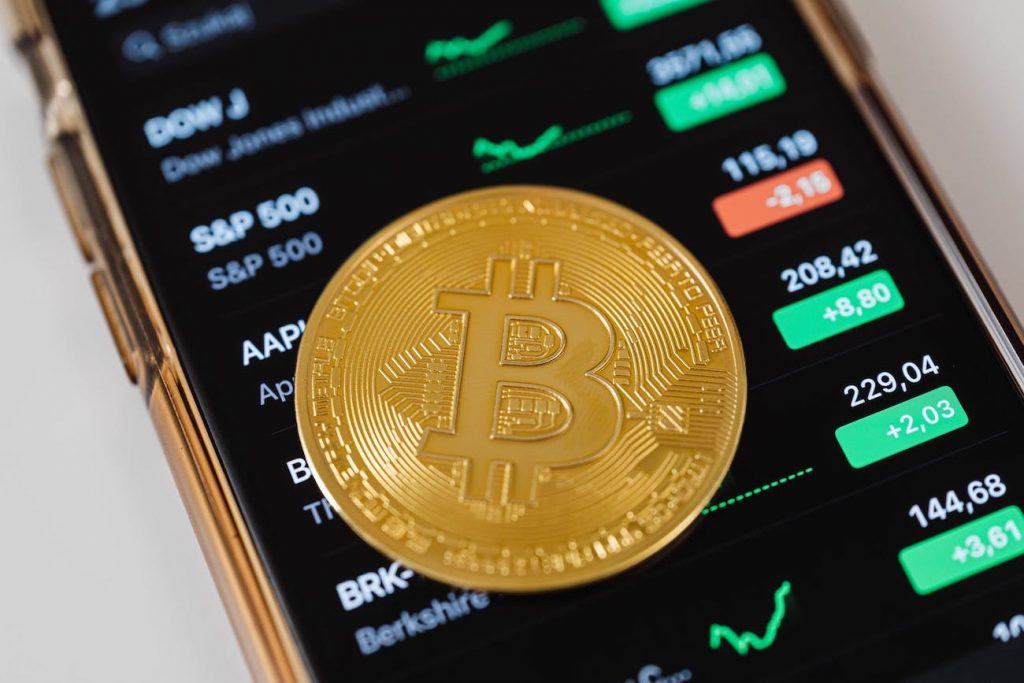
It’s very important for businesses to keep up with the times, so knowing what blockchain technology is crucial.
What Is Blockchain Technology and How Does It Work?
“How can you tell if something on the Internet is the original? Before blockchain came along, you couldn’t.” This was said by Angus Champion de Crespigny, a strategy leader at Ernst & Young. Estimates say that Blockchain will completely change how businesses work, just like mobile and the cloud did.
Recommended reading: What Is Blockchain Technology? the History of Blockchain Technology
In 2008 and 2009, a mysterious Japanese person or group working under the name Satoshi Nakamoto brought blockchain technology to public attention for the first time. In the paper “Bitcoin: A Peer-to-Peer Electronic Cash System” that Nakamoto wrote in 2009 to explain Bitcoin, he called blockchain a “timestamp server.”
But Stuart Haber and W. Scott Stornetta came up with the idea of a “cryptographically secured chain of blocks” in 1991, which was much earlier than blockchain. These blocks are linked, kept safe, and used by many people. They are also very hard to change because each one has the hash of the previous block and a group of transactions with timestamps. Together, these things make a very strong chain.
All of this points to the fact that using blockchain technology to encrypt and decrypt data is much better than any other method. This is because new information and transactions need to be checked and confirmed before they can move to the next block and keep the chain going. Once information is added to the blockchain, it will stay there.
What does a digital currency like Bitcoin have to do with the blockchain? Well, the blockchain is basically the public record of all Bitcoin transactions. It’s a safe way to do business online that uses cryptography. Bitcoin has become the first and best digital currency by using technology to its advantage. This is because it is the only thing that can stop people from spending twice without a lot of money or property.
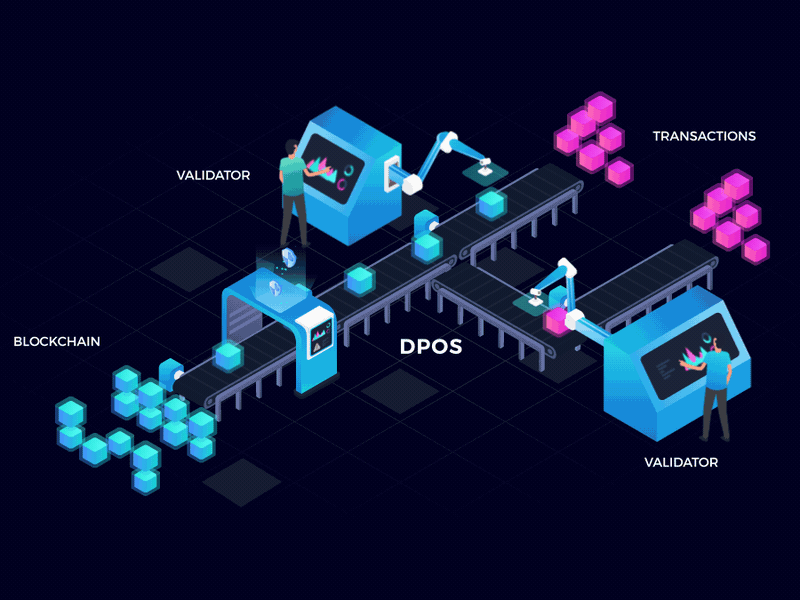
People think that the success of the blockchain in the mainstream is because data computing is getting better. You wouldn’t be wrong if you thought that was the case. Blockchain technology is hard to use and requires a much higher level of data processing than usual. For it to work the way it should, it has to be that way. Computers have changed a lot since 1991, and even 2008 seems like a long time ago now. Blockchain technology has a clear path to success, and data processors are always getting better.
Even though blockchain technology might not replace the old system of centralized database networks, it will probably usher in a new era of decentralized ecosystems. We’ll be there, too.
Recommended reading: Top Blockchain Companies
How Blockchain Technology Has Disrupted the Way We Do Business?
Even though people have only been using blockchain technology for a short time, it is already making big changes. It also gives people a different way to do business. We’ll look at a few of the most important ones.
1. In Marketing
One of the most important areas that can really benefit from the rise of blockchain technology is advertising. The technology can help advertisers reach their audience and target markets and cut down on fraud by a lot.
More specifically, the systems that blockchain principles have led to can help executives better monitor and track budget spending. Additionally, they also help investments and other public relations operations, to tighten up things and avoid risks of underachieving or undercutting.
2. Music Industry
This is a less well-known and less important effect of technology, but it is just as important as any other. The blockchain can help make sure that musicians don’t have too little pay or wait too long for their sales or streams. In short, blockchain technology will make sure that royalties are fair and open, and that there are no tricks.
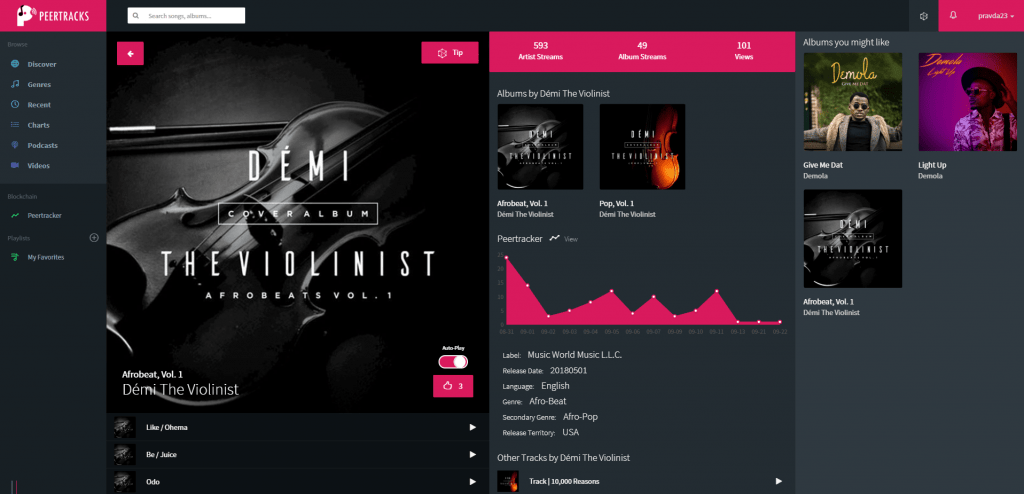
One example is PeerTracks, a music streaming service that pays all of its copyright holders with SounDAC Blockchain. PeerTracks lets you listen to music without ads and for free, while also giving money to the artists you listen to. Using the blockchain, anyone can make sure that the rightful owners are getting their shares.
Recommended reading: Navigating the AVAX to ETH Transition: Strategies and Considerations
3. Finance
This is a pretty clear example. When talking about blockchain technology, the first thing to talk about is the financial industry. There are many types of usages for blockchain in the business world, including Bitcoin and other cryptocurrencies.
The blockchain is the safest and most secure system that allows ledger transactions for checking. This means that users can really look at and control their assets. We’ll see how big companies around the world change their business models in response to this new craze. There have already been a lot of research and development projects at big companies to get blockchain technology running.
4. Business management
Blockchain has also helped the biggest companies in the world. With it, companies can better coordinate their management by giving them the best and safest way to verify interactions and transactions. Tasks have become better defined and easier to do while getting more done.
If you work in HR, blockchain will help you avoid doing repetitive work and increase efficiency. Employees can be paid quickly and in the currency of their choice, no matter where they are or what they do. And working with rights ownerships, like for contractors, won’t be as hard as it has been in recent years. Compared to older models, this is a huge step forward.
When it comes to blockchain technology, we are just beginning to see how it can change. But do you want to lead the way?
Other articles on the DSV blog about the most recent disruptive technologies:
Does Your Company Really Need Blockchain Technology?
This is hard to say, but everyone’s first step toward progress is to ask questions like “Do I really need [a new technology]?”
As with any new technology, you need to know a few things about the blockchain to make sure it’s what you need. Even though blockchains solve one of the biggest problems with database storage, which is centralization, because they don’t need authority and work almost on their own, they have other problems, like being less private than traditional models because they are all about coordinating multiple resources.
There are also a lot of unknowns since no one can be sure that the software will stay the same. The technology is also not run by a group of people who agree on what to do. Instead, it is run by communities of developers, which could be called inconsistent. Even though this is fine for now, we’re only seeing its early changes, so a lack of consistency is apparent. Even so, blockchain technology still has a lot of unpredictability.
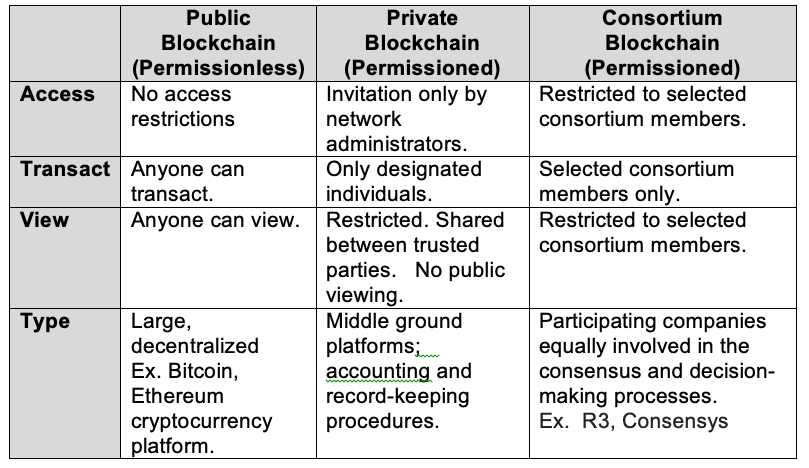
You also need to think about what kind of blockchain network you want for your business: Public, private, or with a pass? Anyone can join and take part in a public blockchain, but the security isn’t as good. Private blockchains are smaller and can be monitored by an organization behind its own firewall system or on its own property. Permissioned networks are similar to private blockchains, but they are more focused on businesses and have more limitations. They also require an invitation or permission to join.
Also worth noting are the costs of hosting a blockchain network system, as they usually need a lot of computing power to run. So it would be smart to move slowly and find out if your business has the resources for the technology.
All of this seems to show that you can’t really answer the question of whether or not you need the technology in a vacuum. This is similar to how blockchains work: everything is linked and connected, and what happened in the past is very important to what will happen in the future. Time and the world around us will show.






Read more topics
You may also like



















